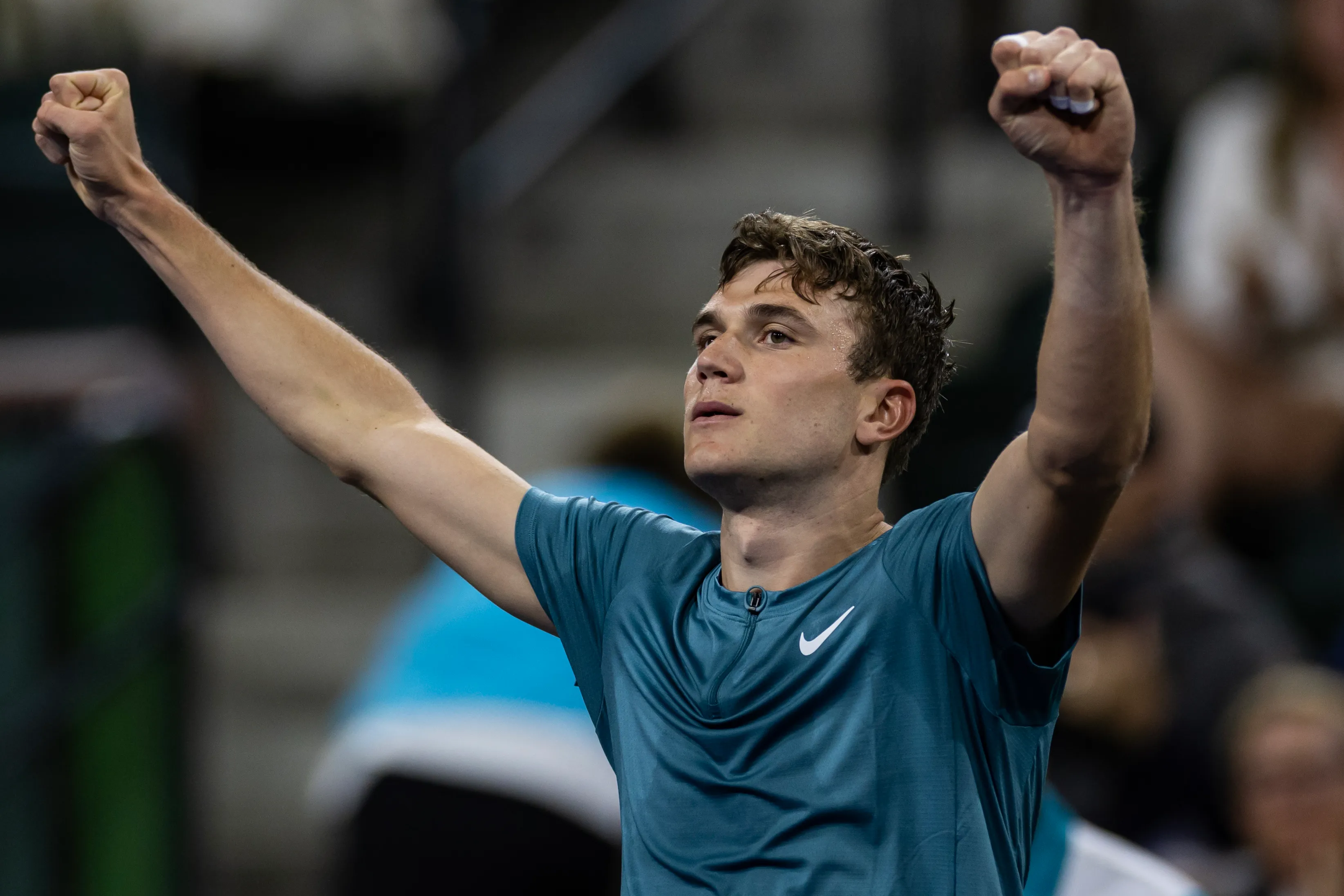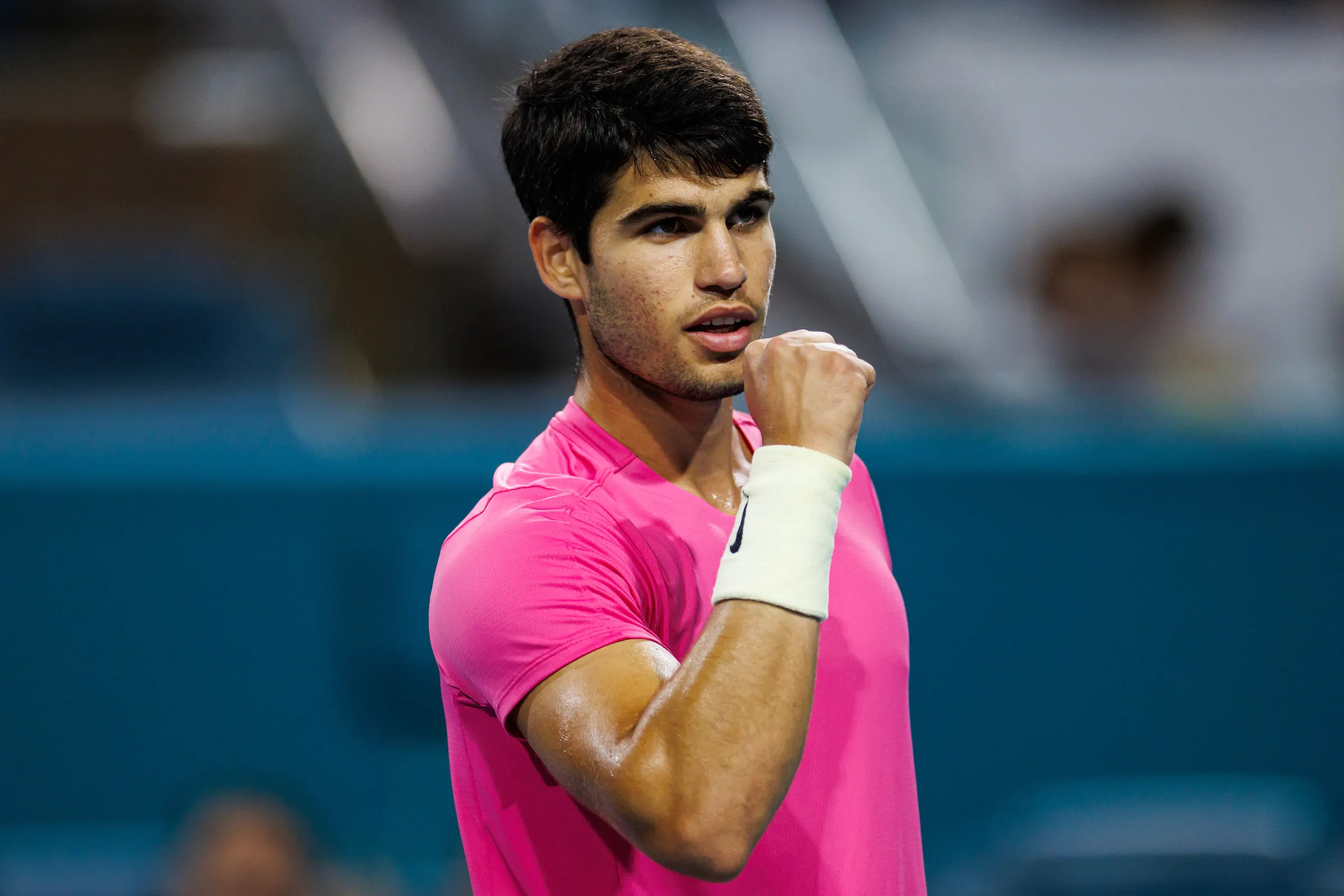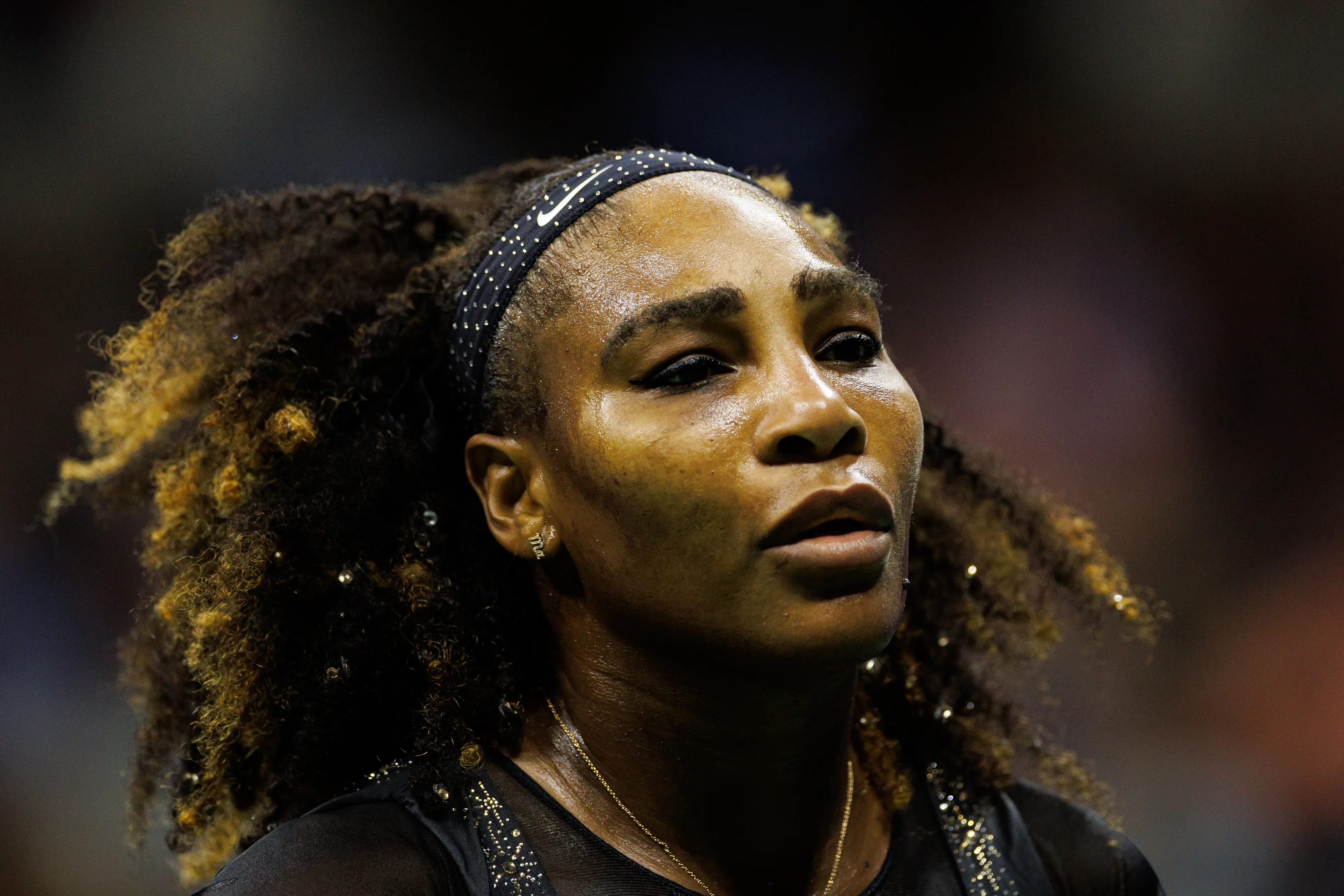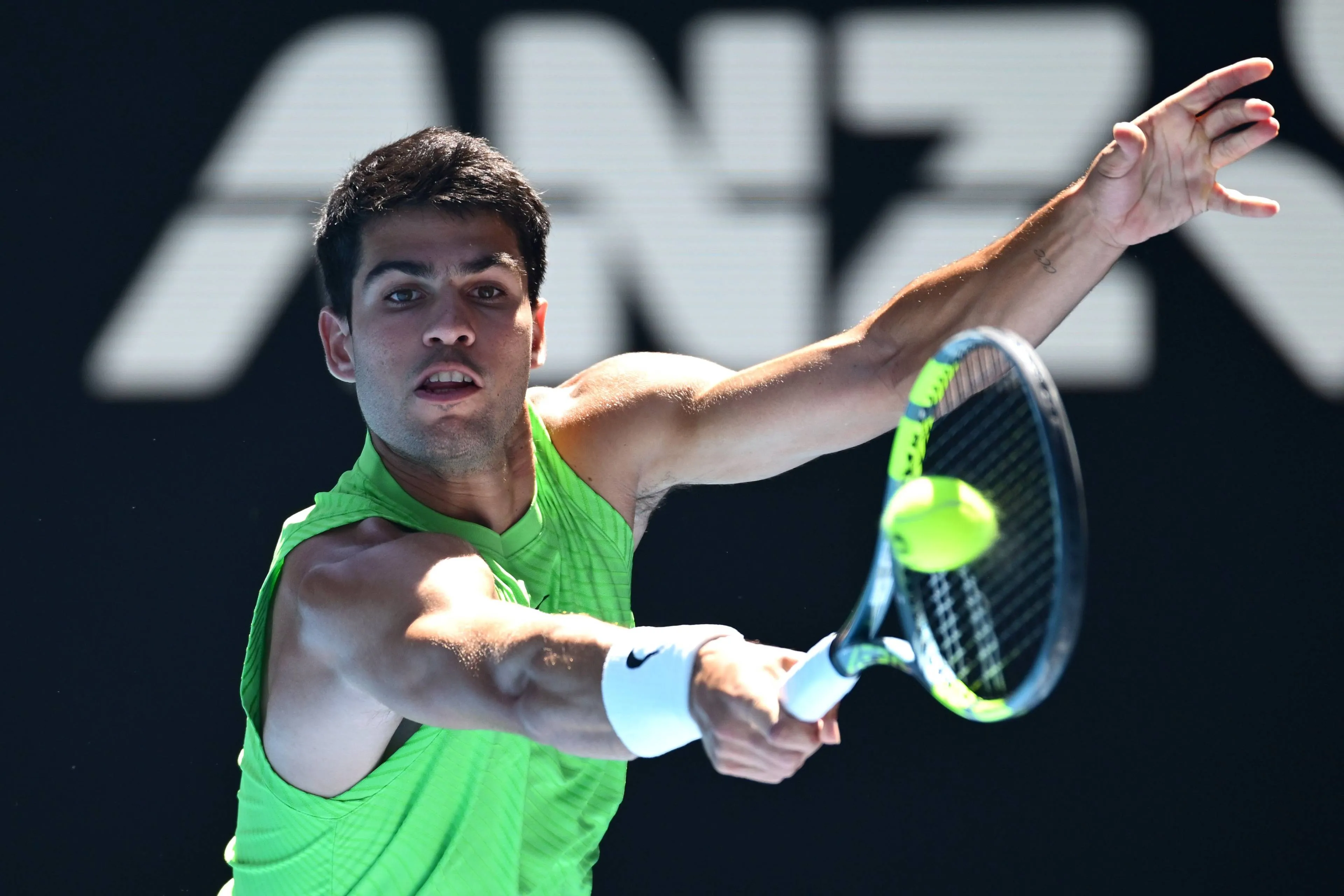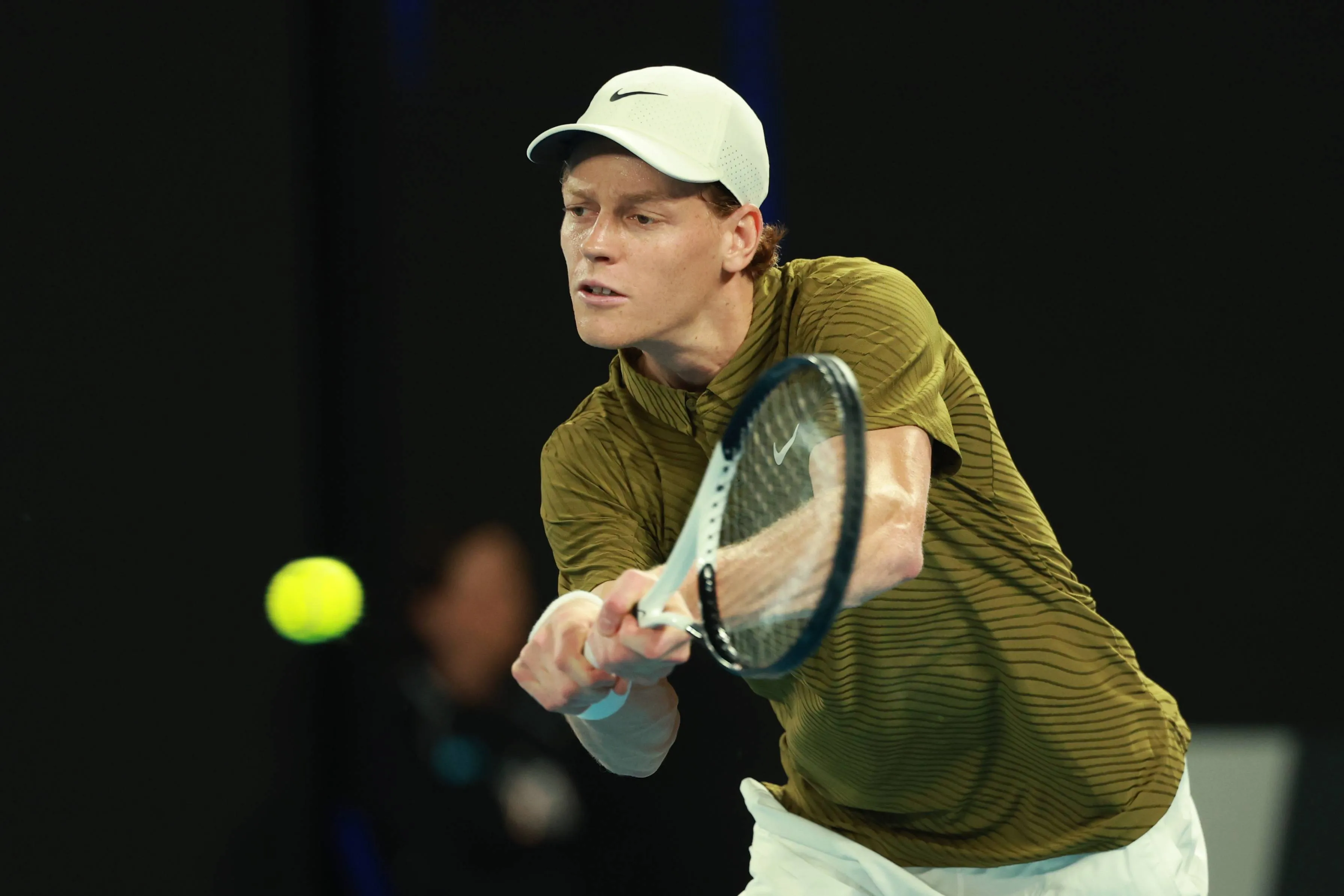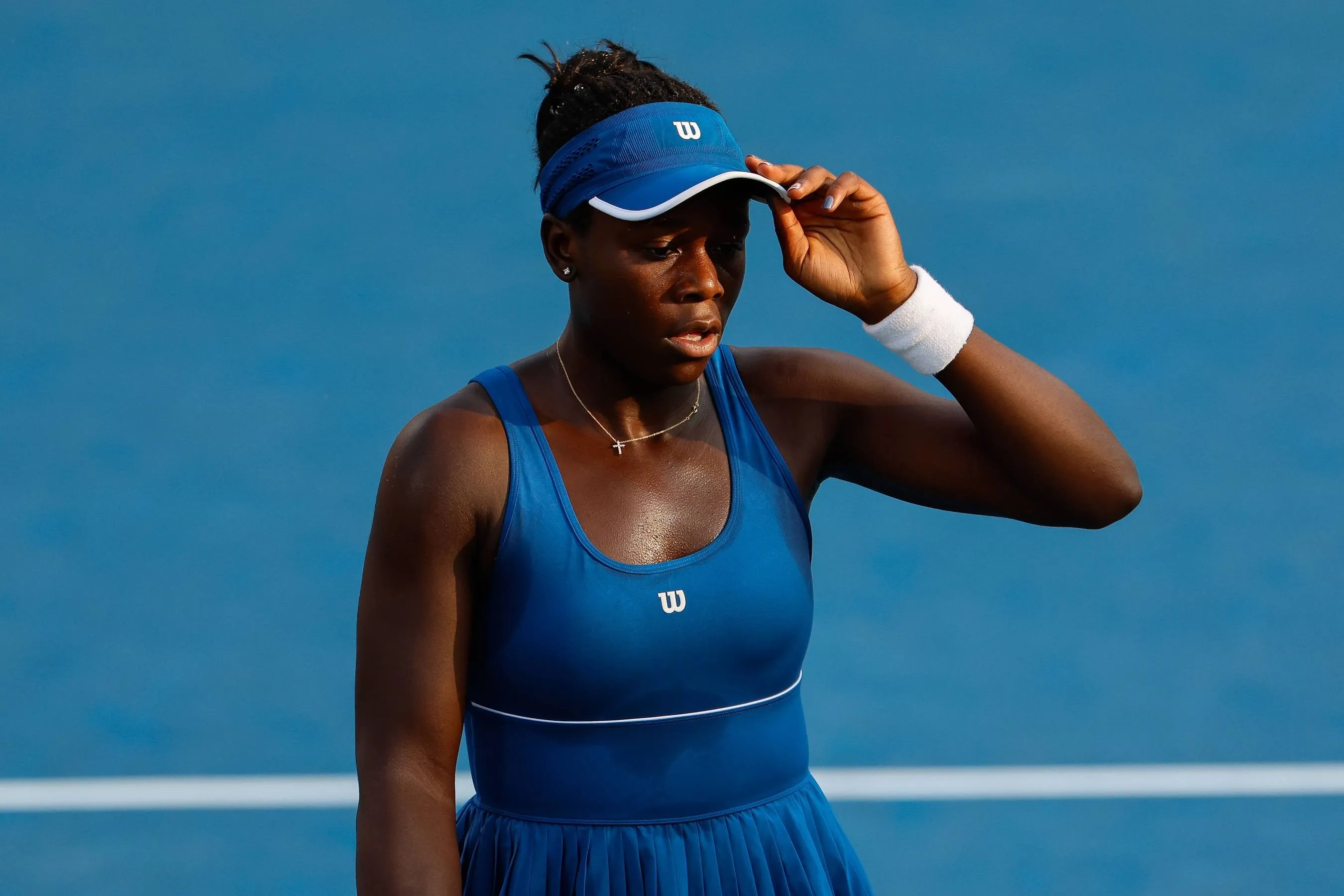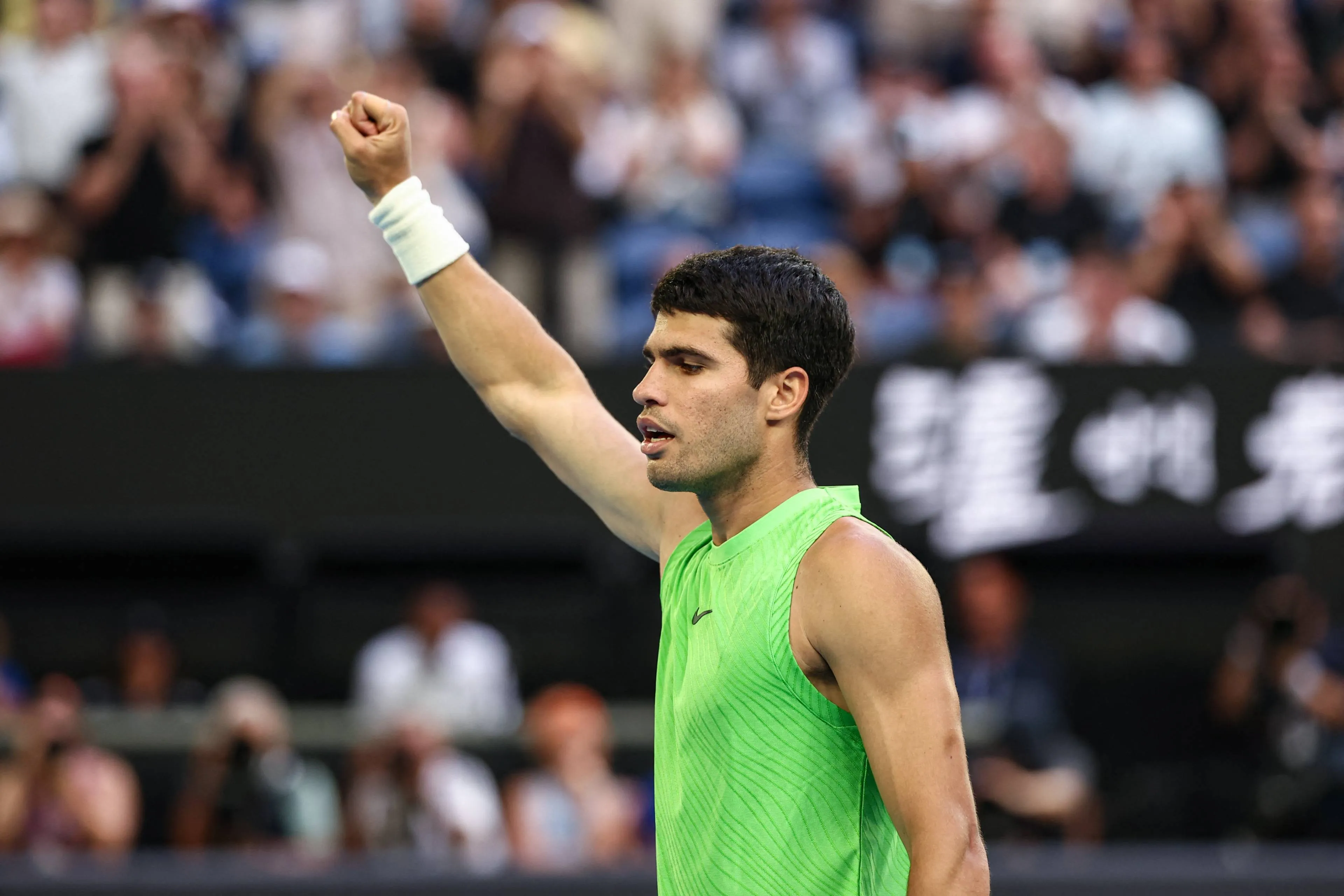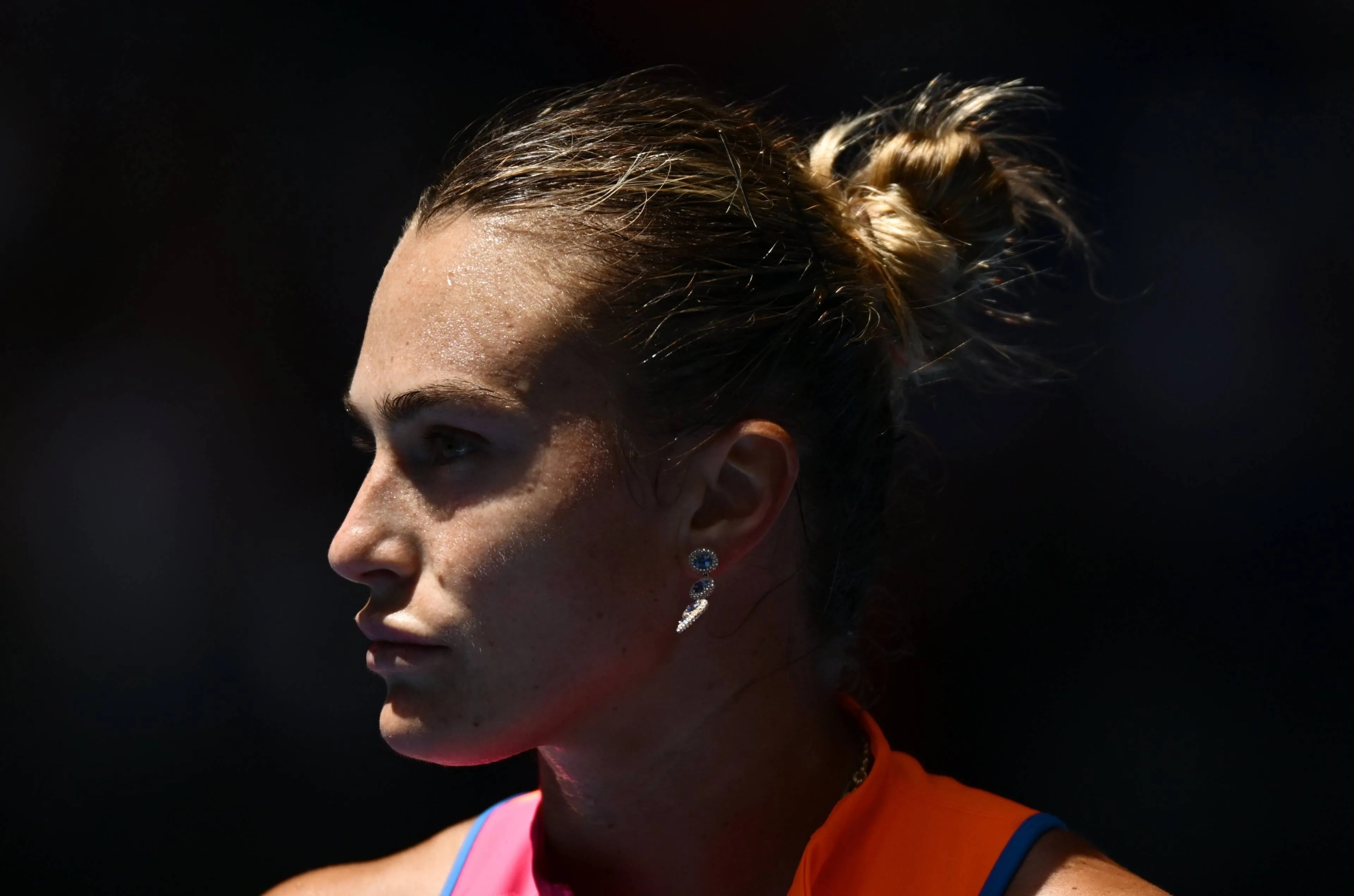Why UTS Showed Us That Players Should Not Be Interviewed During Matches
ATPTuesday, 19 December 2023 at 15:00
Updated at Sunday, 17 August 2025 at 17:14

The Ultimate Tennis Showdown is an interesting competition format created by famous coach Patrick Mouratoglou, and every edition shows very interesting things.
Tennis is a very traditional sport and throughout the years, there haven't been many changes to how the sport is played. Of course, there are some tournaments, such as the NextGen ATP Finals, that use an alternative format.
For example, the NextGen ATP Finals tournament is played as the best-of-five sets to four with a tie-break at 3-3. However, the format that Patrick Mouratoglou brought with the UTS is something that tennis has never seen before.
The Ultimate Tennis Showdown is played in quarters, instead of games and sets, and the traditional 15-30-40 is removed as well. Players earn just 1 point for each rally that they won (as they do in tie-break normally), unless they use a special card, another interesting twist to the event.
One quarter lasts 8 minutes, and rallies are played non-stop, without any break, until there's a winner. On top of that, there's another addition: between the quarters, players have to do an interview via a headset.
That initially seems like a good idea, but is it really? One thing is that players are not used to talking on live broadcasts during the match, at moments when they are very emotional, especially after they just lost a very close quarter.
We're used to seeing players vent their frustration by breaking a racket or shouting, but imagine a player who is extremely disappointed, angry, or sad, and on top of that, he has to speak to someone while watched by thousands or millions around the world.
Well, that's what usually happens at the Ultimate Tennis Showdown, and while it can bring many funny and entertaining moments, it also shows that players should not be talked to by the media during their matches.
The important factor at the UTS Grand Final was the fact that it was an exhibition tournament, even though prize money was still involved. Some took it that way and had a lot of fun, but athletes, by nature, are very competitive, so it's not surprising that many others wanted to win every quarter and every rally, as they always do.
Casper Ruud, Jack Draper, and Benoit Paire are some examples of the players, who had really funny interviews, but on the other hand, Andrey Rublev and Holger Rune showed their competitive spirit.
Read also
This should, in no way, shade the players, but the opposite. During press conferences, they have already faced many challenging questions, with each word discussed afterward, and now imagine they have to face those questions in the heat of the moment.
That produced some interviews with Rublev, which were probably not really enjoyable for anyone watching or for the interviewers. The Russian also produced some funny ones, but the point stays.
Another example of this is Rune, who told the interviewers they ask him "stupid questions" and also called the happenings of one of the quarters a "sh*tshow".
Does it show that Rublev and Rune are not polite or can't control their emotions? Absolutely not! It shows that players should not be interviewed at a moment when their emotions are running high.
Already now, many of them face backlash for any wrong word that they say, and this gives so-called "fans" only another chance to judge them by something they said while angry after losing a quarter.
All-in-all, interviews during the matches are certainly an interesting idea, on the paper. But consider all the factors, and you get the clear answer if they should be done or not.
Read also
Loading

